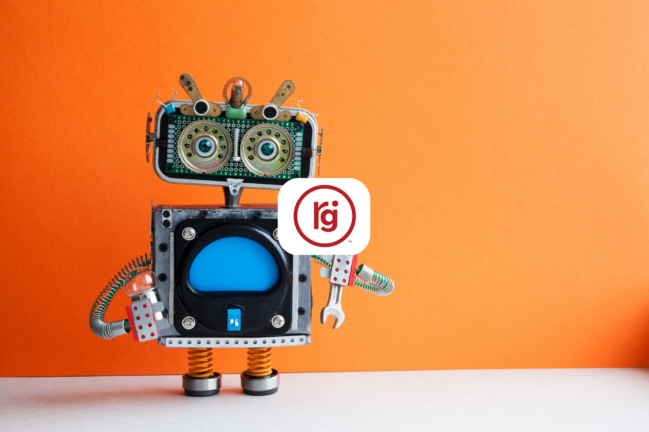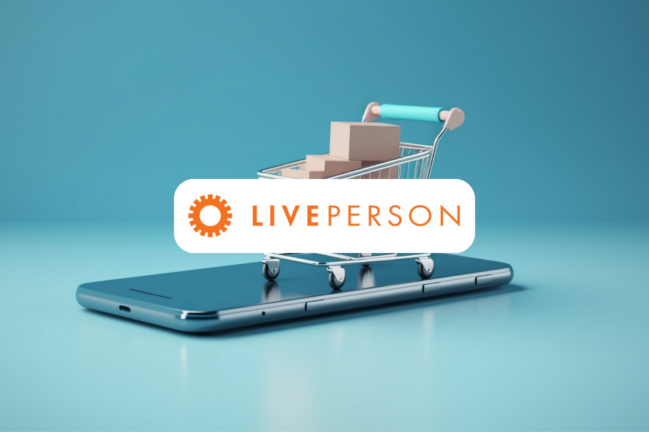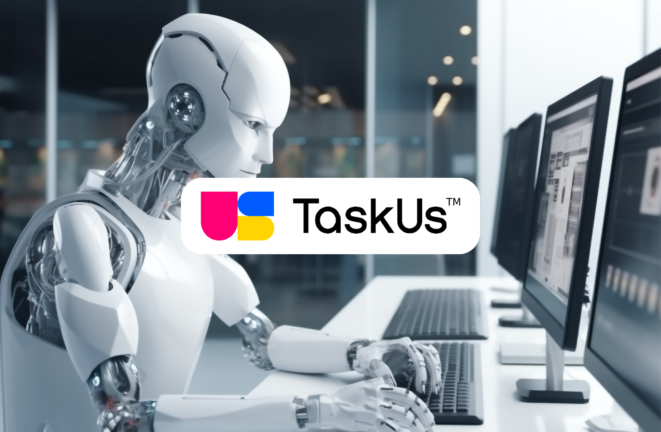A recent study by Simplr found that customer service was generally disappointing across different industries during the 2022 holiday season. The 2023 State of Ecommerce Customer Service Report, based on digital interactions between customers and over 400 brands, revealed that 28.5% of brands turned off live chat support from Black Friday to Cyber Monday. In addition, the study found that 40% of pre-sale emails sent to these brands went unanswered, with an increase of up to 30% from the previous years.
"Turning off live chat before Black Friday is akin to firing your in-store retail sales associates on Thanksgiving day. It's a self-destructive move that hurts both short term sales revenues and long-term customer loyalty. But due to being unprepared in their internal processes and unconfident in their outsourced BPOs to handle the surge in digital inquiries, many brands, unfortunately, felt like they needed to do it," said Daniel Rodriguez, CMO, Simplr.
This study is just one of many that show a significant decrease in customer experience in previous years. The US 2022 Customer Experience Index by Forrester found that 19% of brands saw a decline in CX quality in 2022, the highest percentage of brands to drop in one year since the survey began. Simplr's previous 2022 study also showed that only 24% of companies in certain industries provided exceptional overall customer experiences.
"The delta between consumer expectations and what brands could provide in terms of CX continued to increase in 2022, resulting in brands appearing to be even more unprepared when it came to the holiday shopping season than they were in 2021 and 2020. At a time when consumers are already stressed and overwhelmed, poor CX can be calamitous for brands, which, sadly we saw over the holidays," added Rodriguez.
Chatbots Still Cause More Problems Than Solutions
Despite advancements in AI and conversational intelligence, most consumer-facing chatbots failed to meet expectations during the holiday season. Out of more than 400 brands studied, 71% had chatbots that couldn't comprehend the customer's initial question, while 36% of chatbots required the customer to repeat themselves multiple times.
The study also showed that when the chatbots were assisted by human support, the outcome was much better. In fact, 40% of these interactions were highly rated, with 72% of consumers indicating they would likely make another purchase from that brand.
"The issue with most chatbots today isn't just the technology, it's the implementation. When customer service leaders are required to work with multiple different BPOs and chatbot providers to piece together a bot-human intervention and escalation process, too often the result is a disjointed and slow customer experience. Simply put: customer service leaders need to demand more seamless integrations and collaboration between their various outsourced providers if they really want to meet modern customer expectations," added Rodriguez.
Speaking of chatbots, last year in November, Simplr announced the general availability of the EngageNow Suite, a solution that combines chatbot technology and human agents through an AI-powered platform, aiming to replace legacy BPOs.









